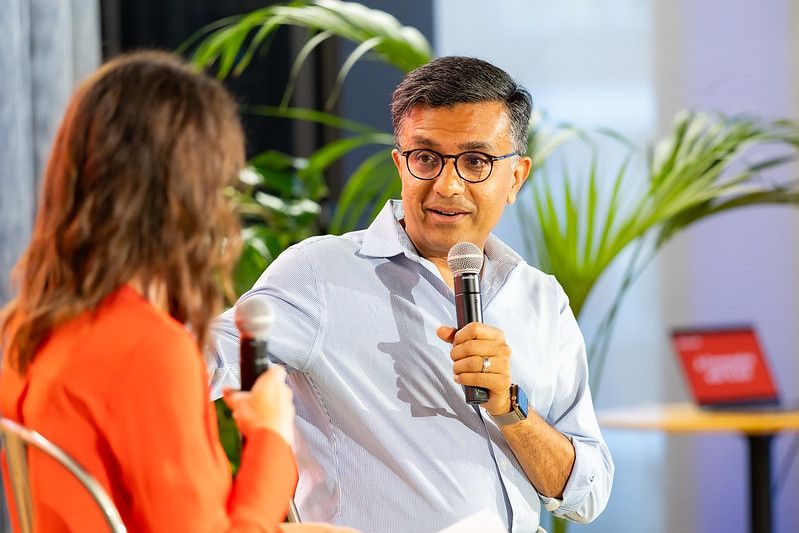Monzo, the UK’s leading digital bank, has undergone a significant transformation from a trendy fintech startup to a robust financial institution. Known for its distinctive neon debit cards and user-friendly app, Monzo has shifted its focus towards sustainable growth and profitability.
In the fiscal year ending March 2024, Monzo reported a revenue of £880 million, marking a 147% increase from the previous year. This growth led to a net profit of £8.7 million, a substantial turnaround from the £116.3 million loss reported in the prior year. The bank now serves 9.3 million personal account holders and over 400,000 business customers, reflecting its expanding market presence.
Under the leadership of CEO TS Anil, who took the helm in 2020, Monzo has diversified its product offerings. Customers can now invest in mutual funds through a partnership with BlackRock and track mortgages from other lenders within the Monzo app. This strategic expansion aims to position Monzo as a comprehensive financial services provider.
Monzo’s minimalist design and user-centric approach have been pivotal in its success. The intuitive app interface, real-time notifications, and personalized spending insights have enhanced customer engagement and satisfaction. This design philosophy has also facilitated the seamless integration of new services, such as lending products and subscription models, contributing to the bank’s revenue growth.
The bank’s journey has not been without challenges. In 2021, Monzo withdrew its application for a U.S. banking license after facing regulatory hurdles. Despite this setback, Monzo continues to explore opportunities in the U.S. market through strategic partnerships and product innovations.
Monzo’s evolution reflects a broader trend in the fintech industry, where startups are transitioning from disruptive newcomers to established players. By balancing innovation with financial stability, Monzo exemplifies how fintech companies can mature into sustainable businesses without losing their original appeal.



